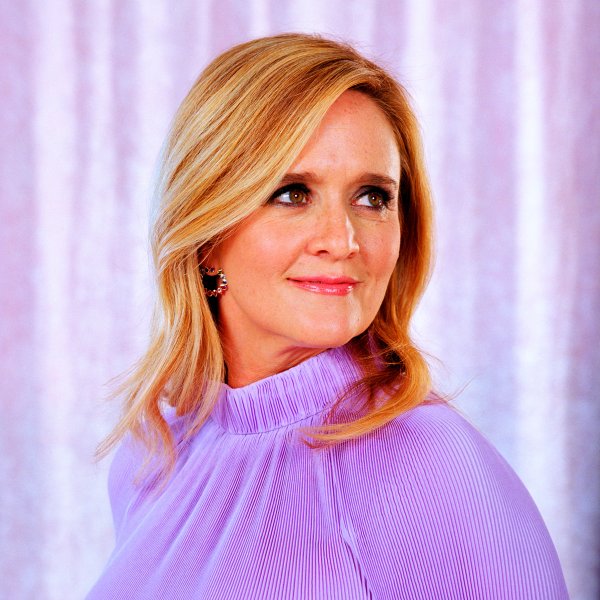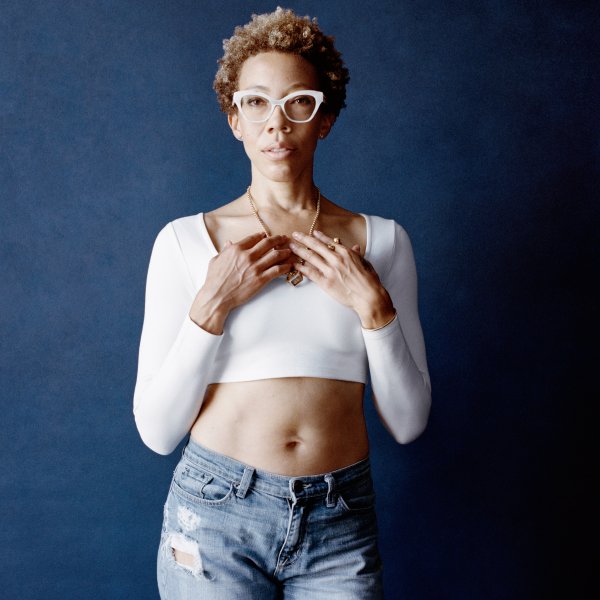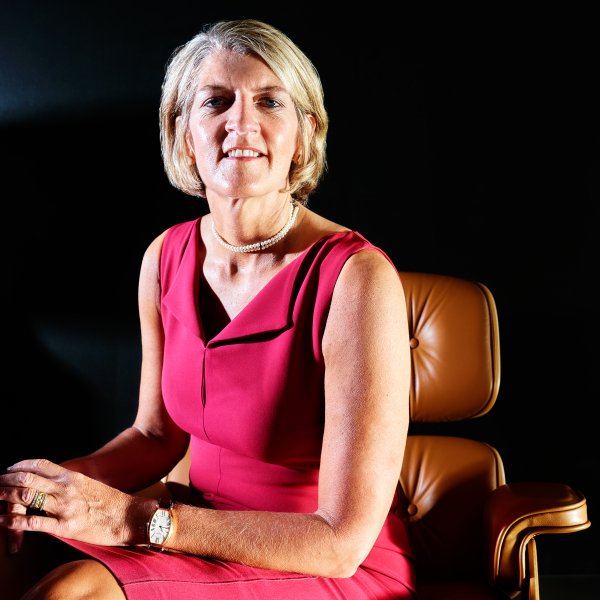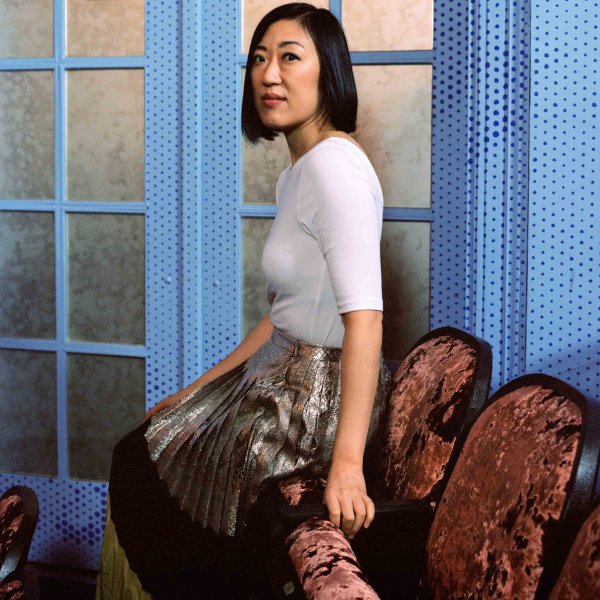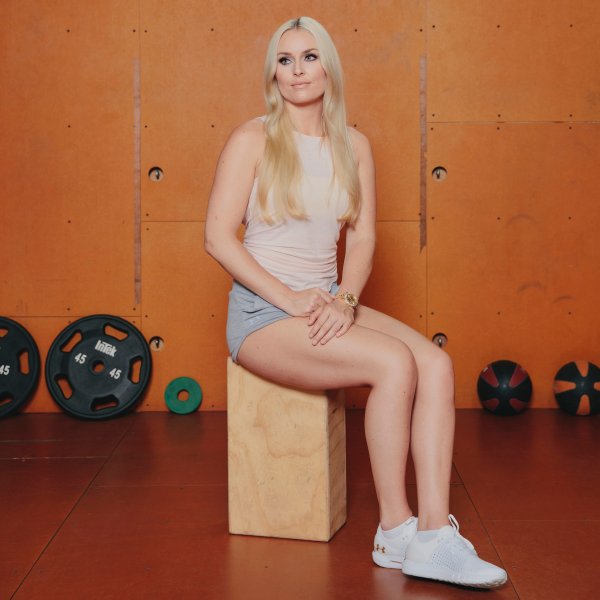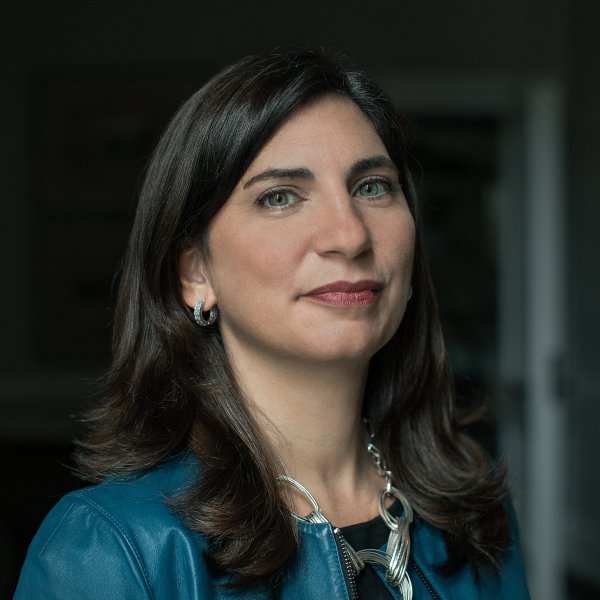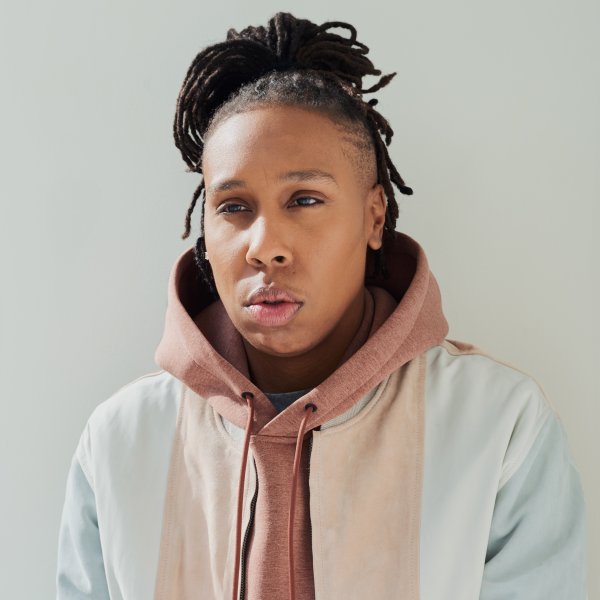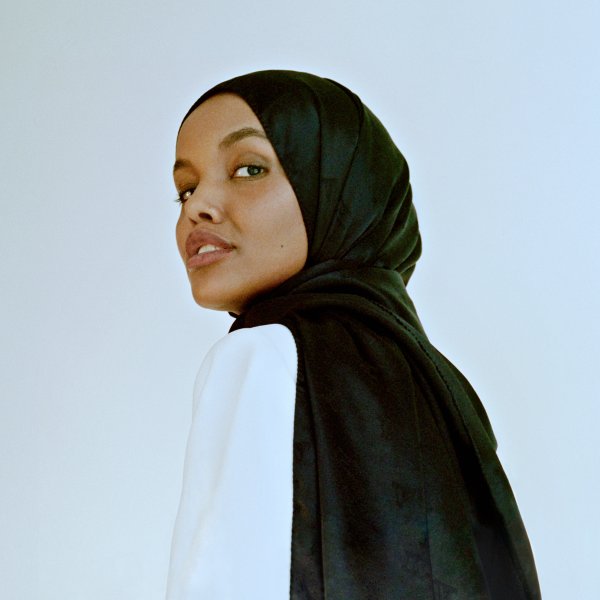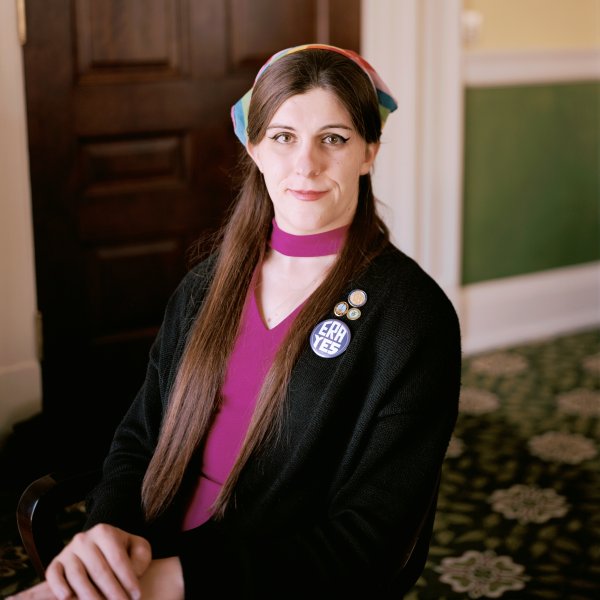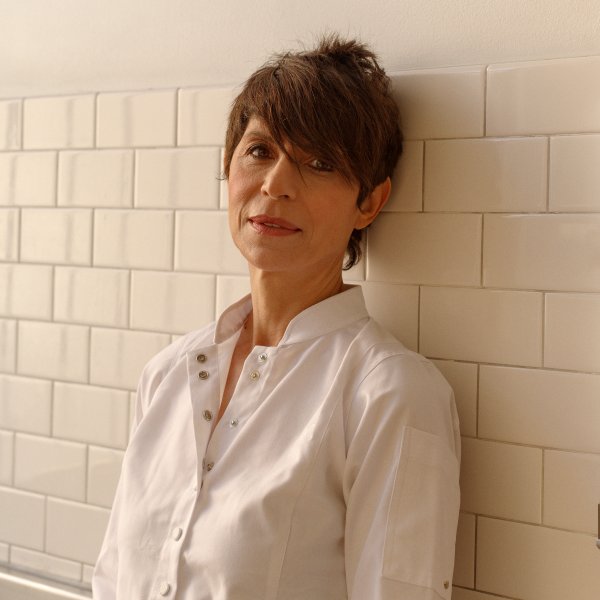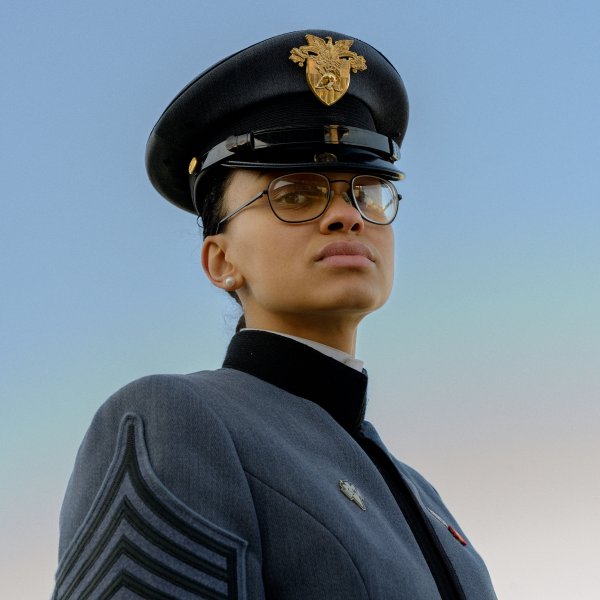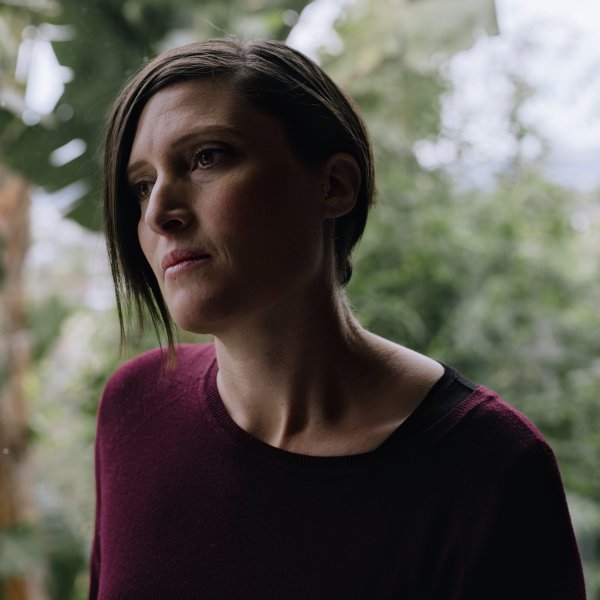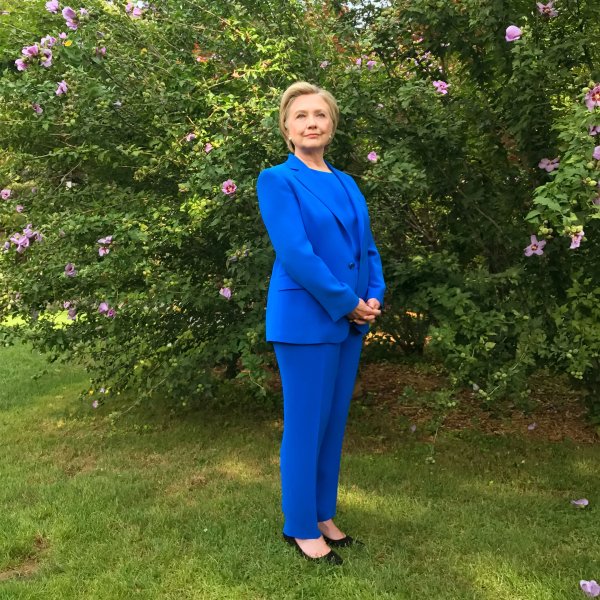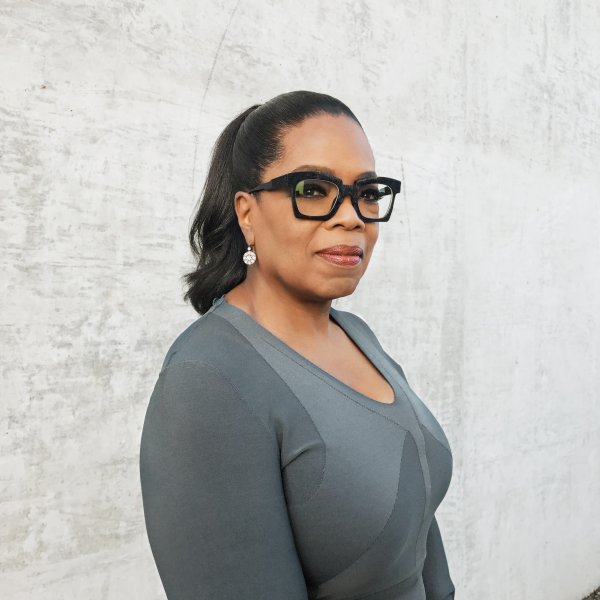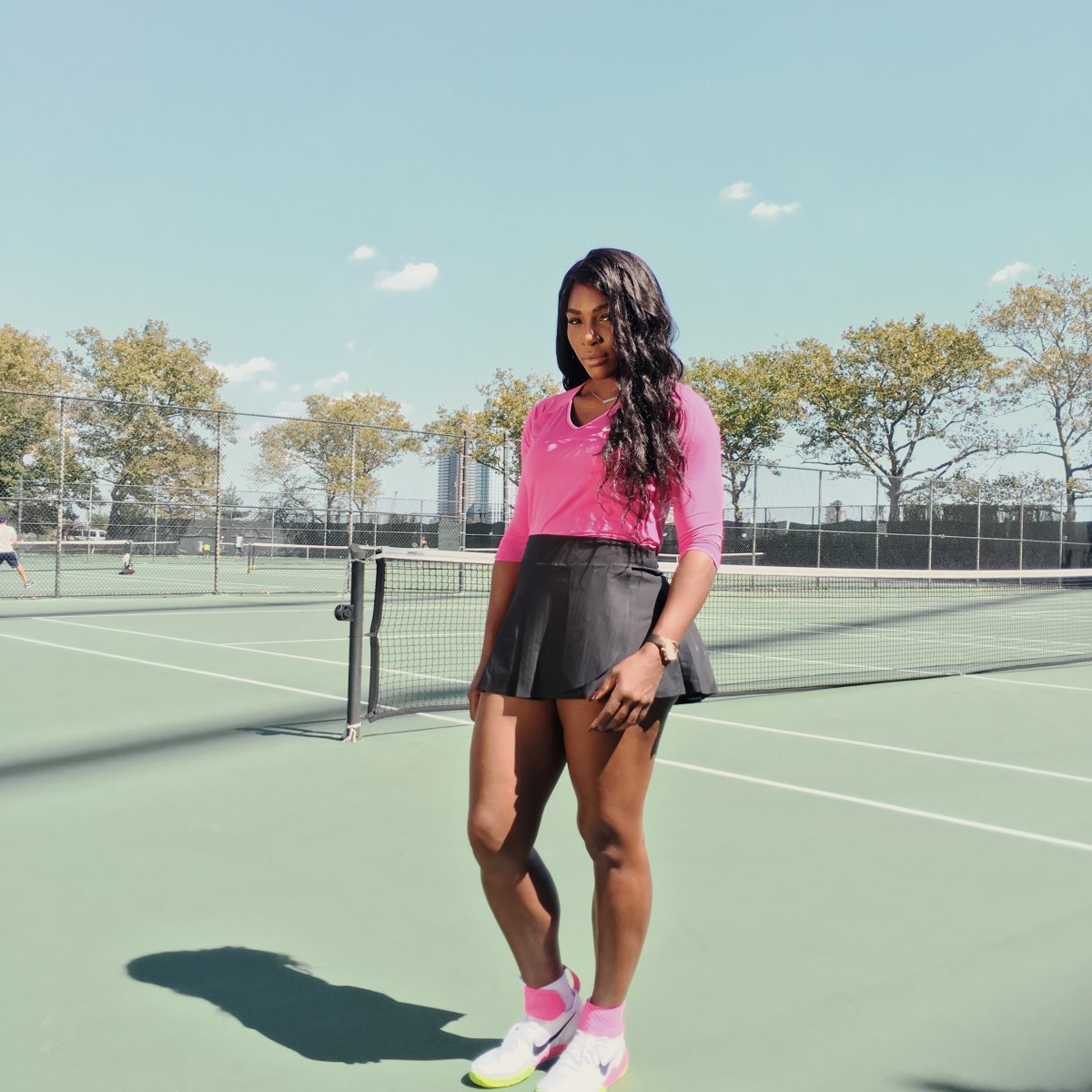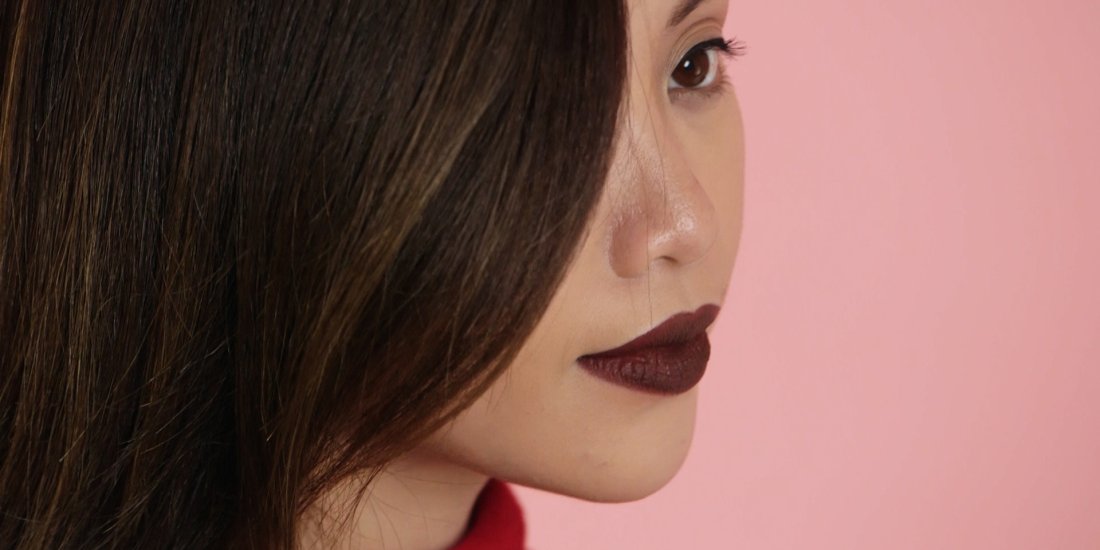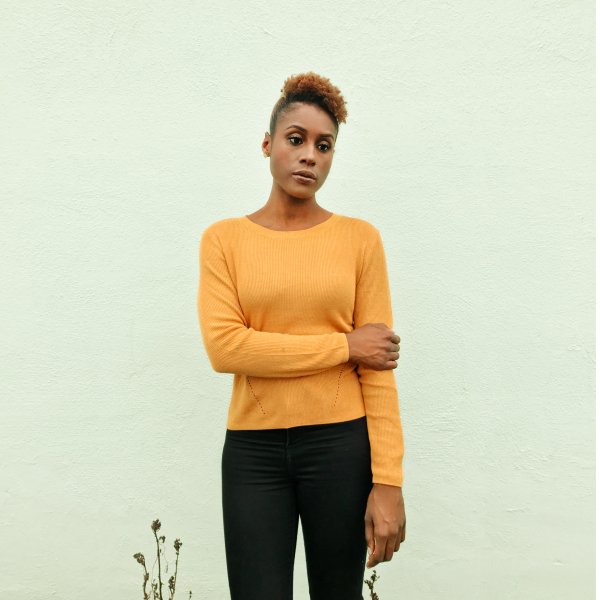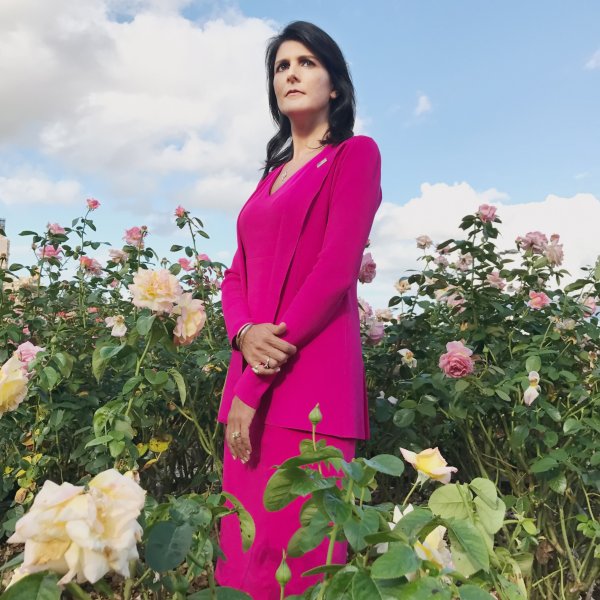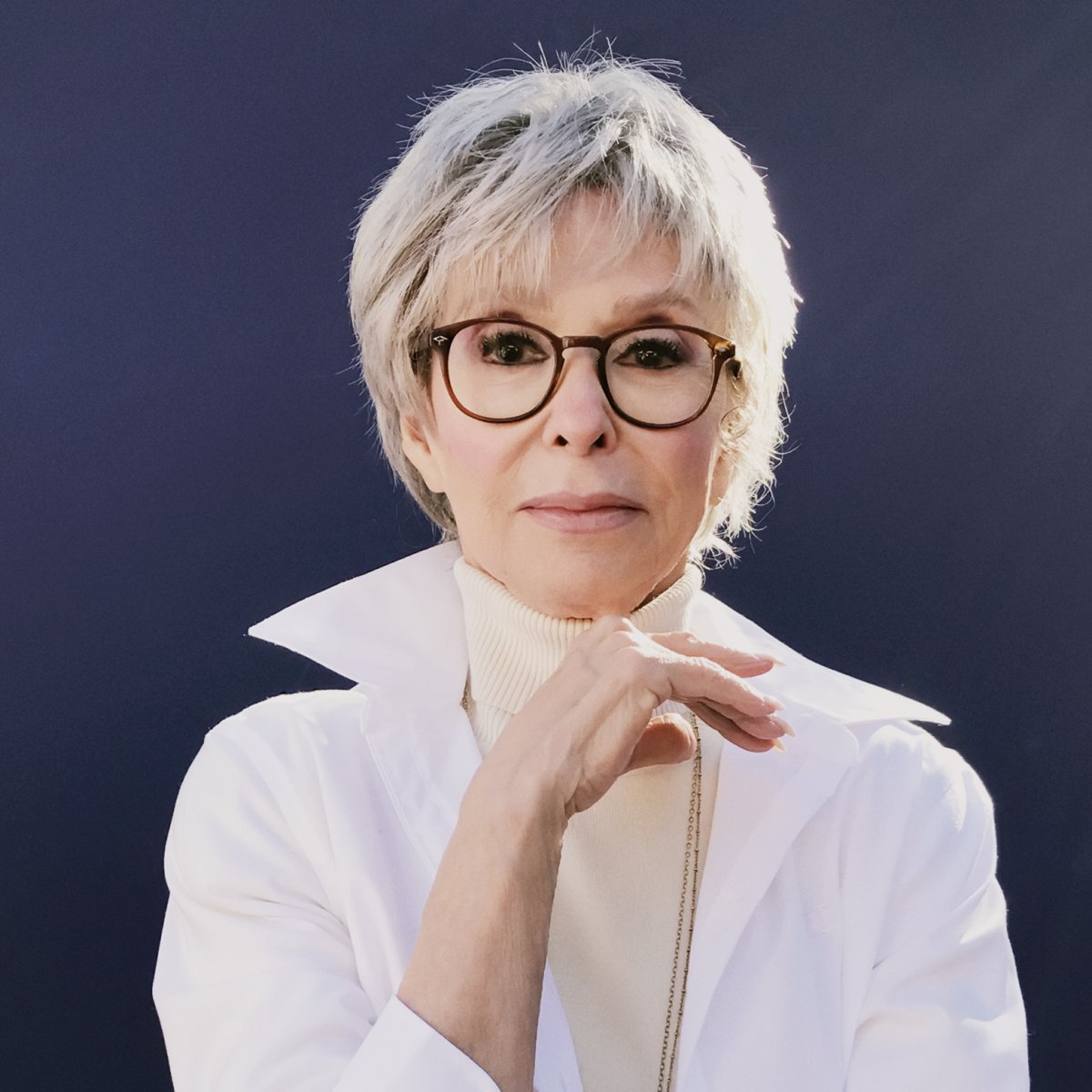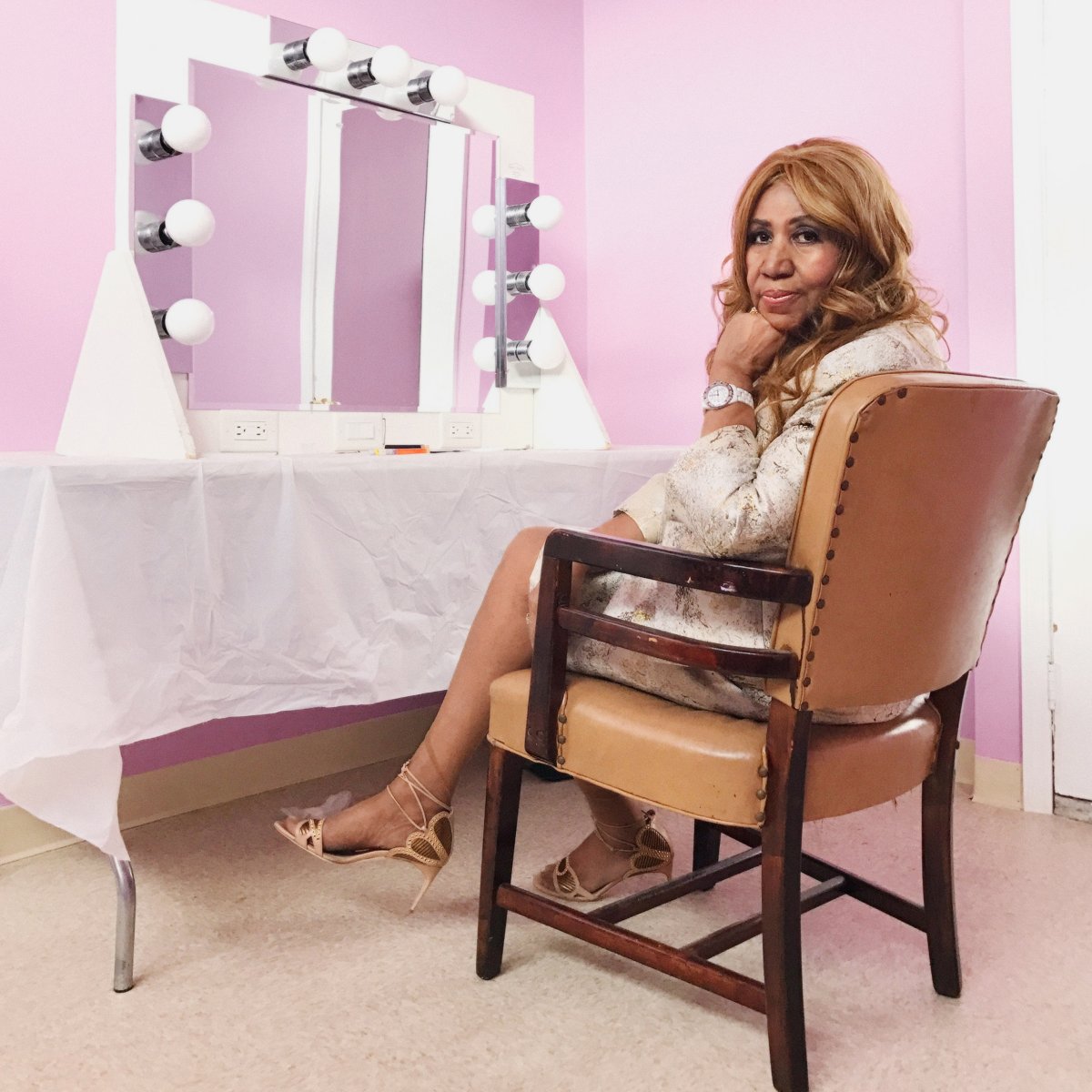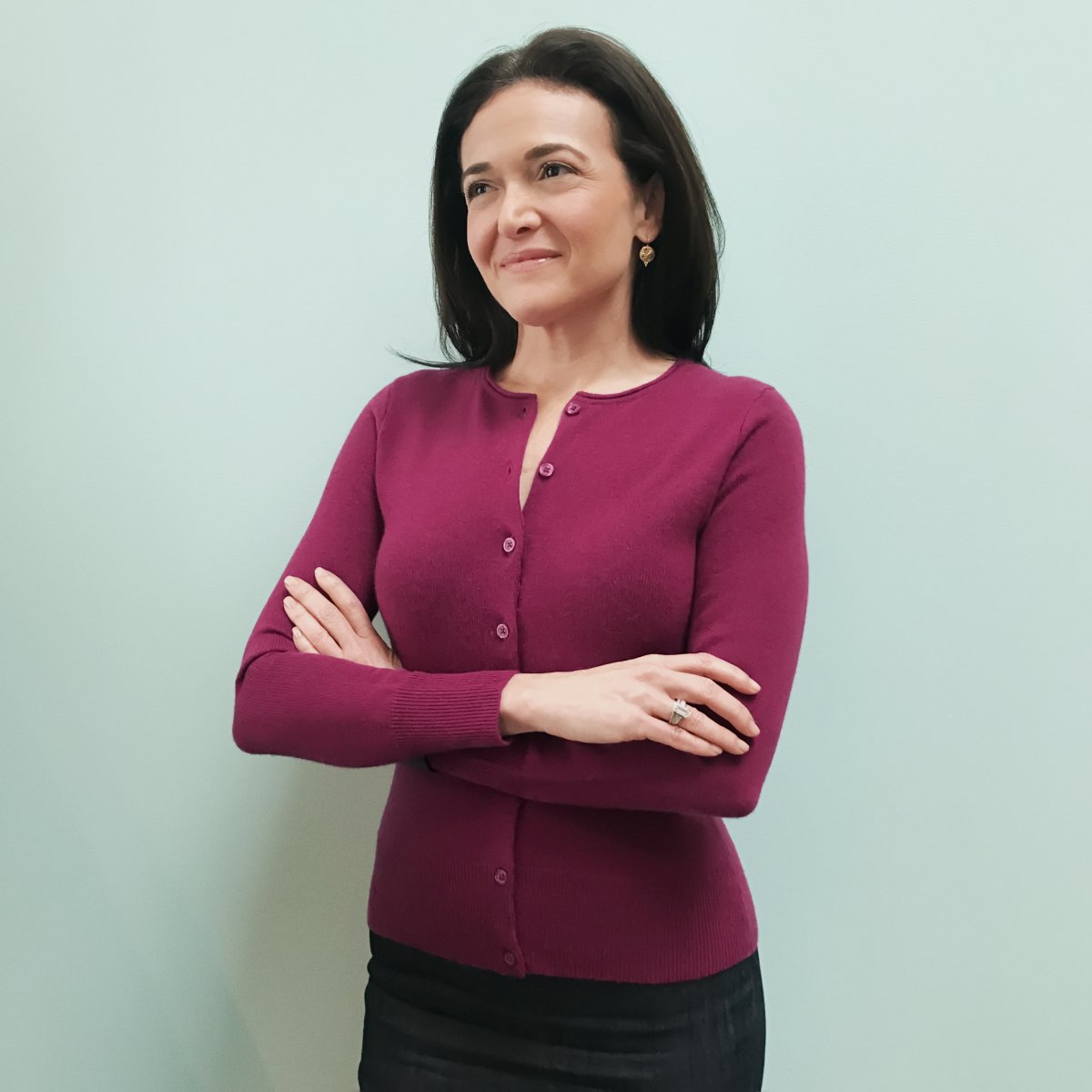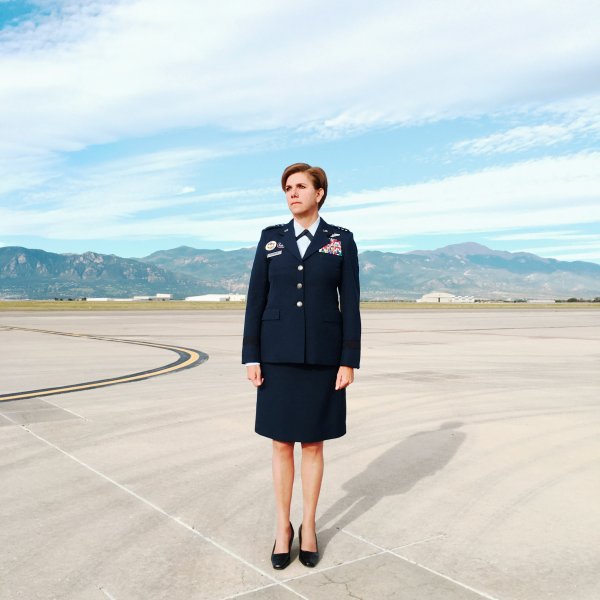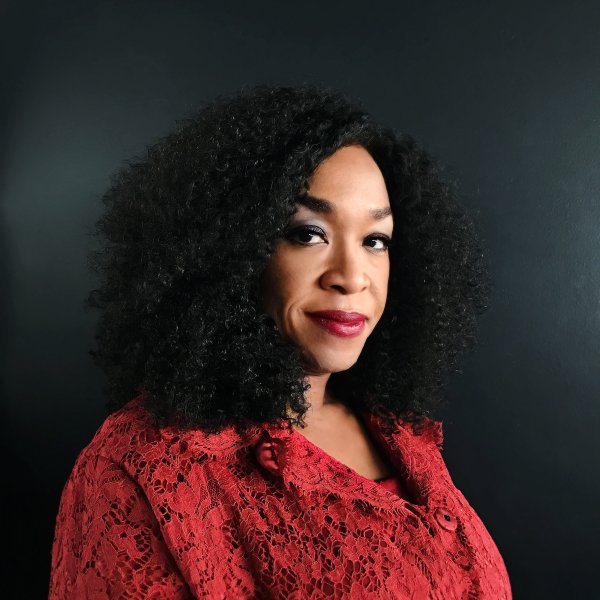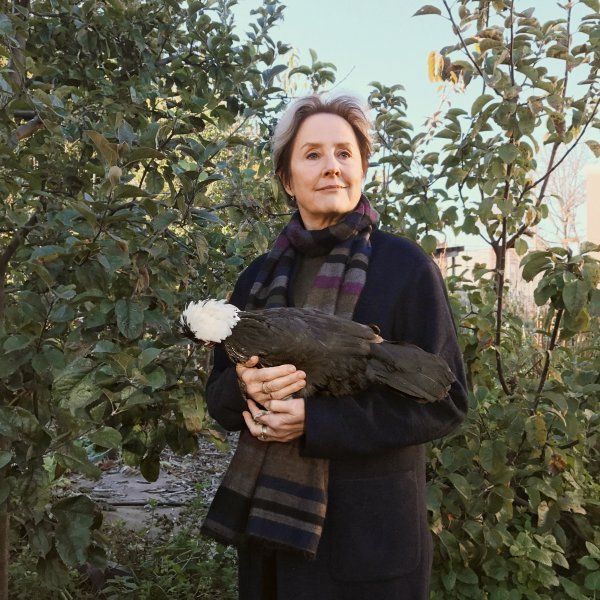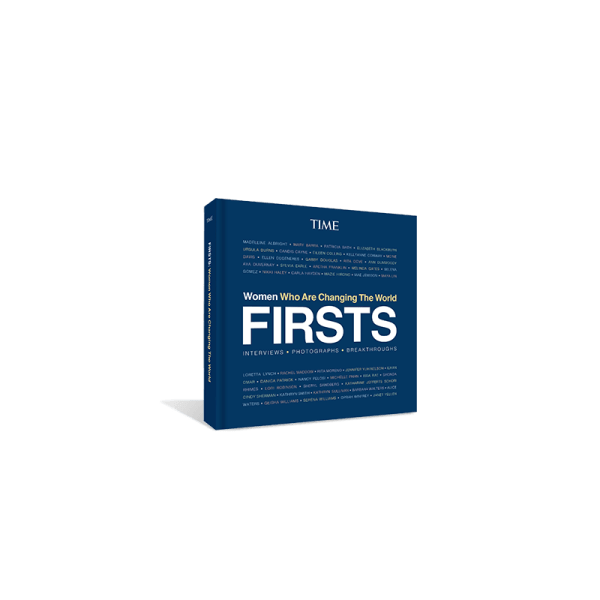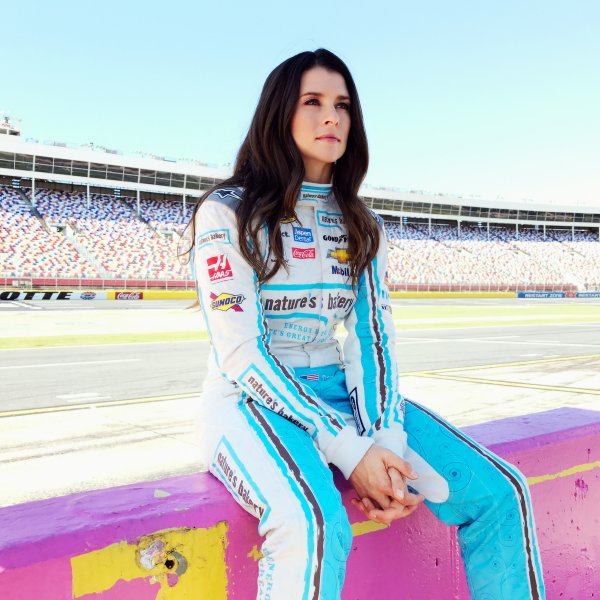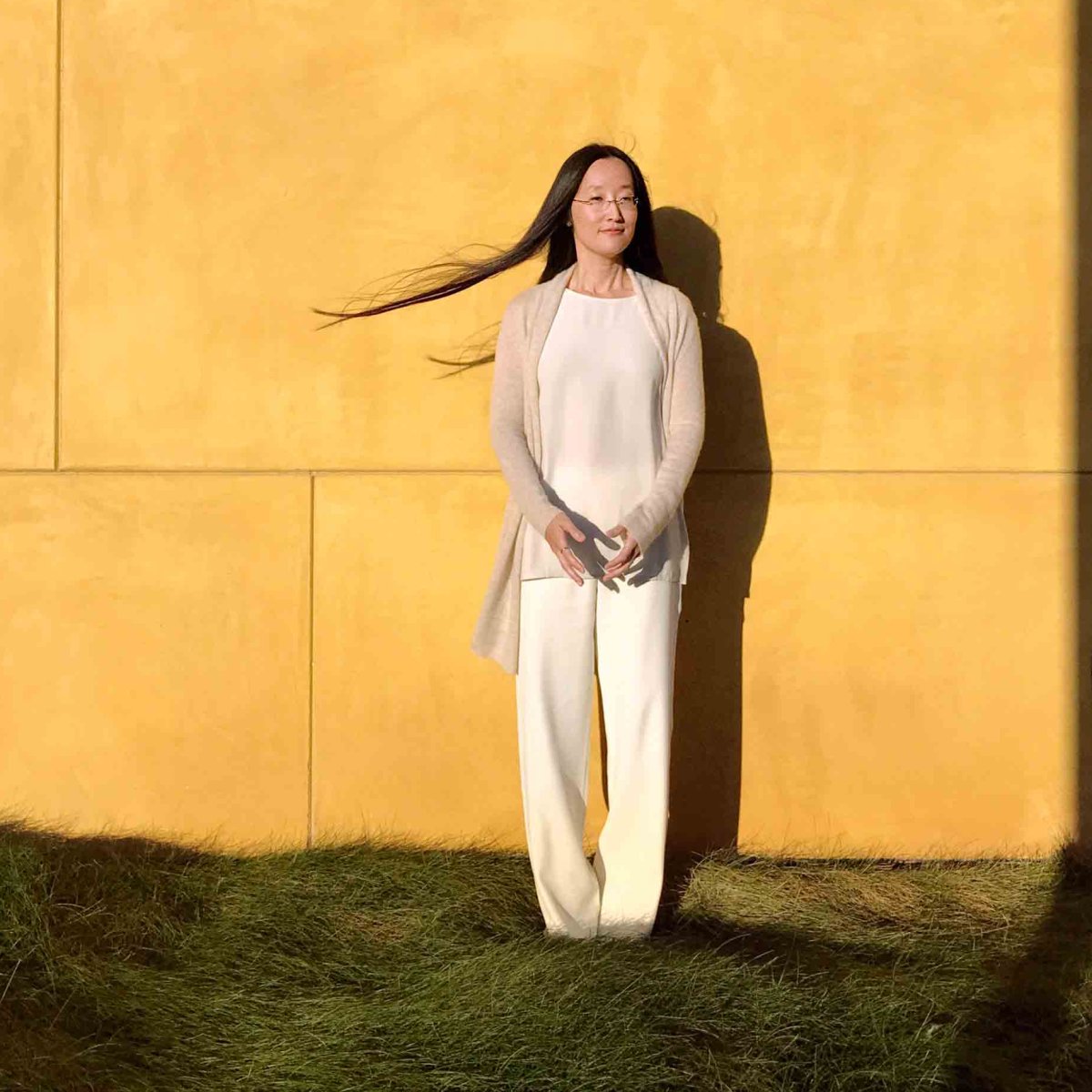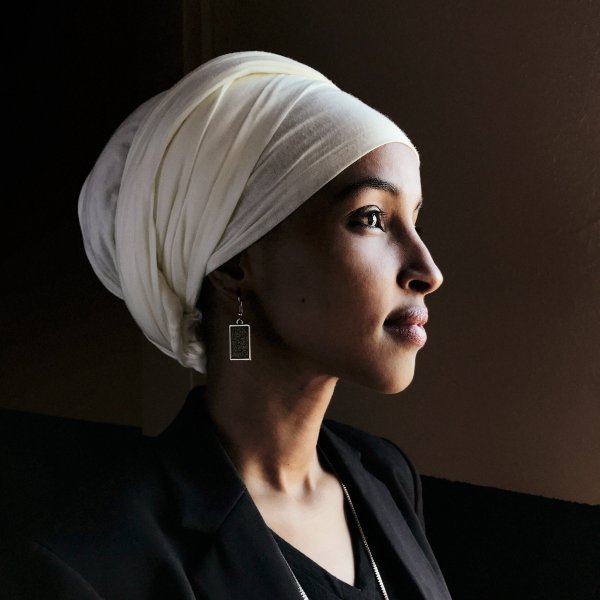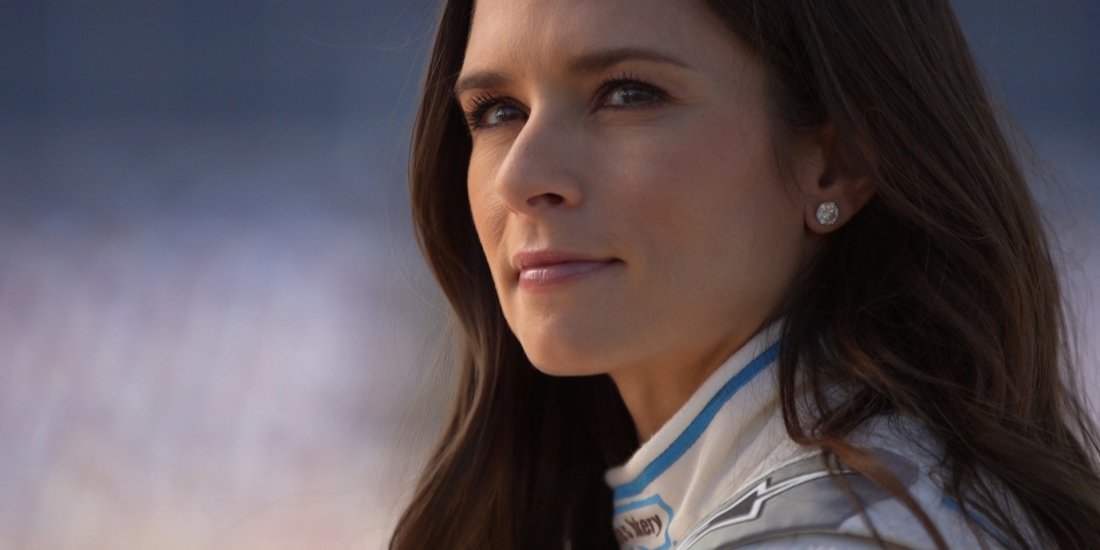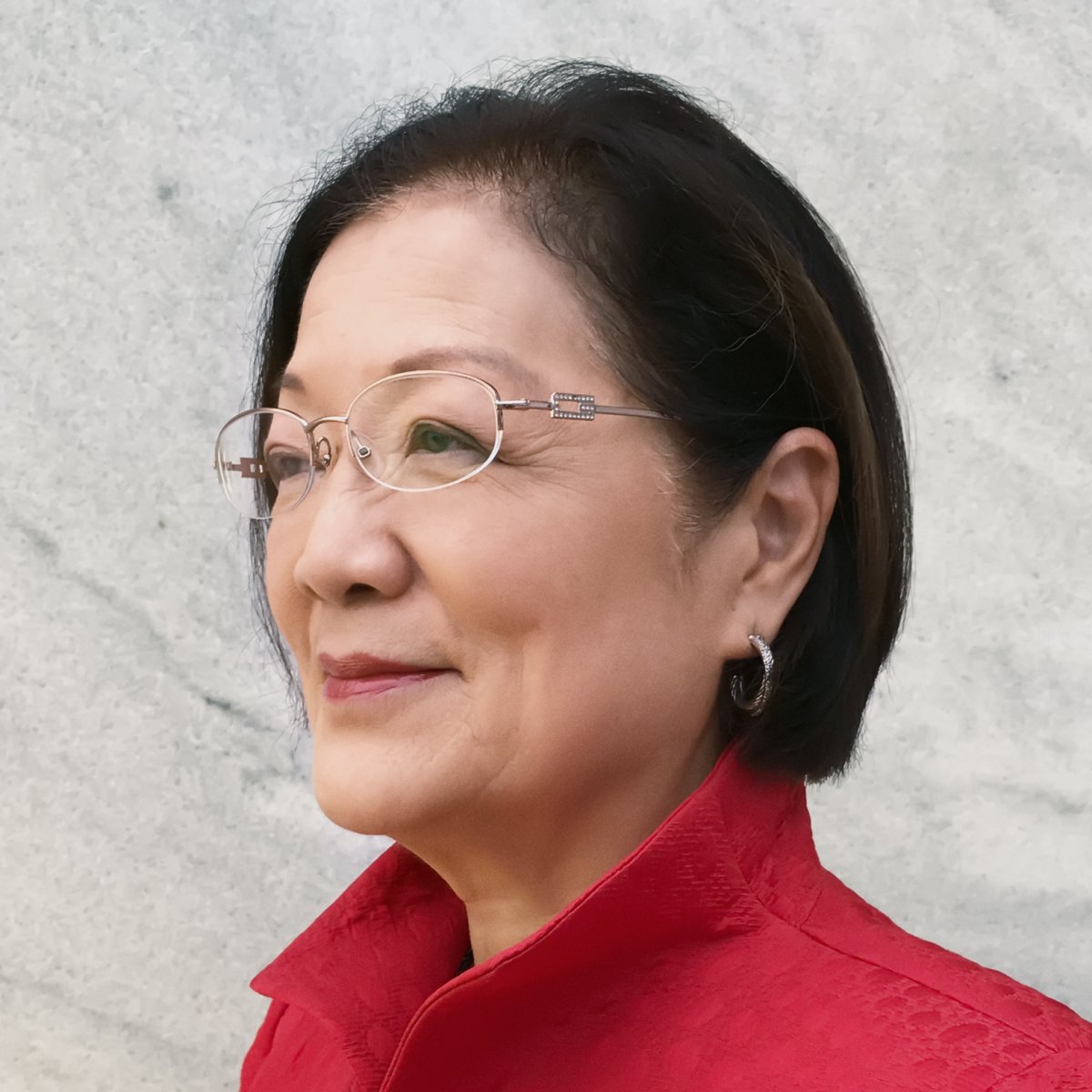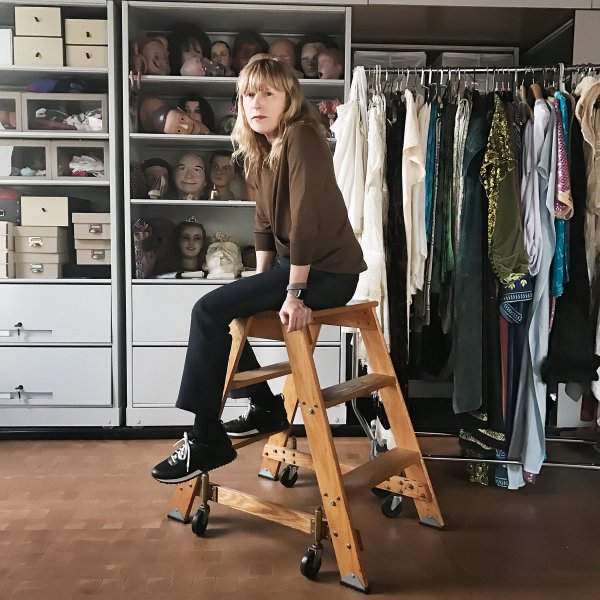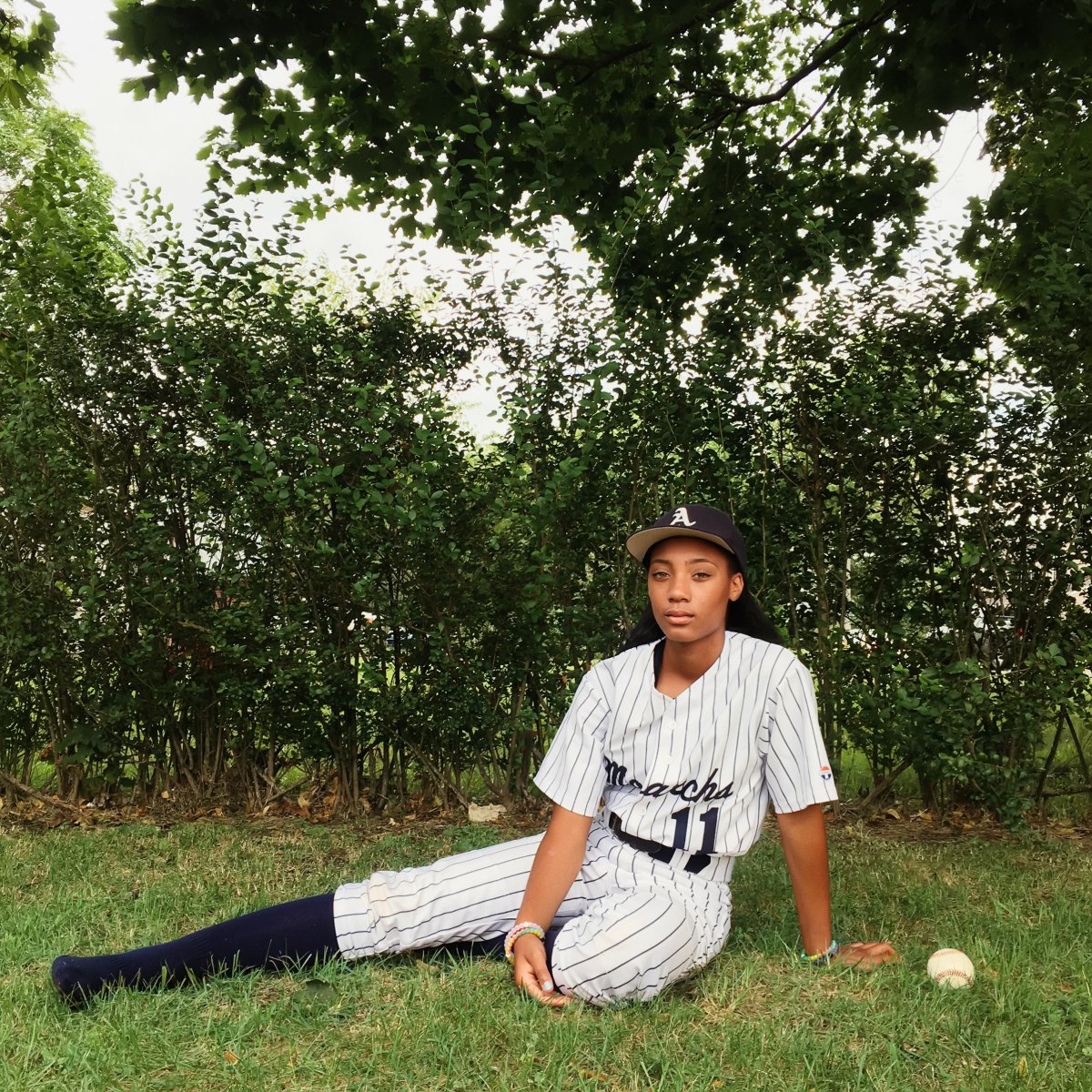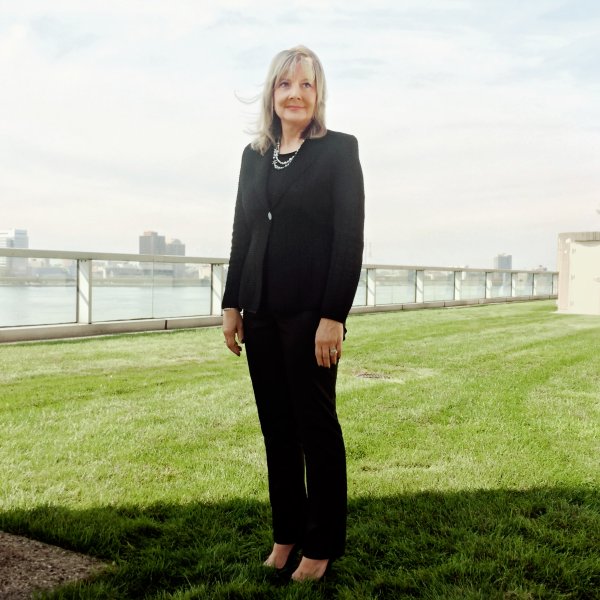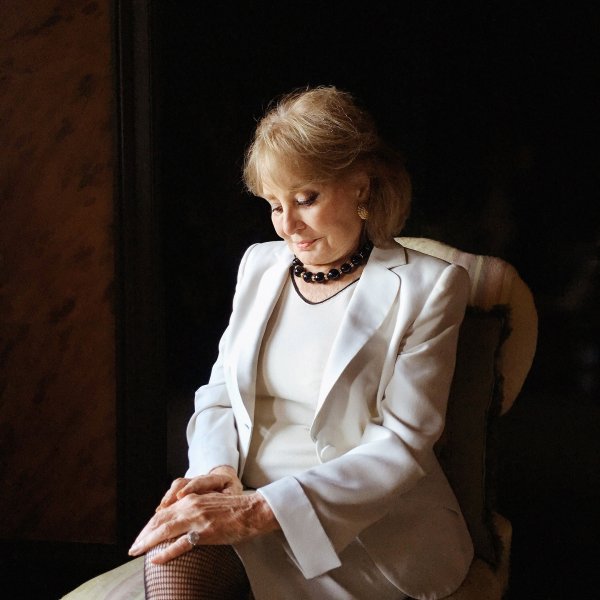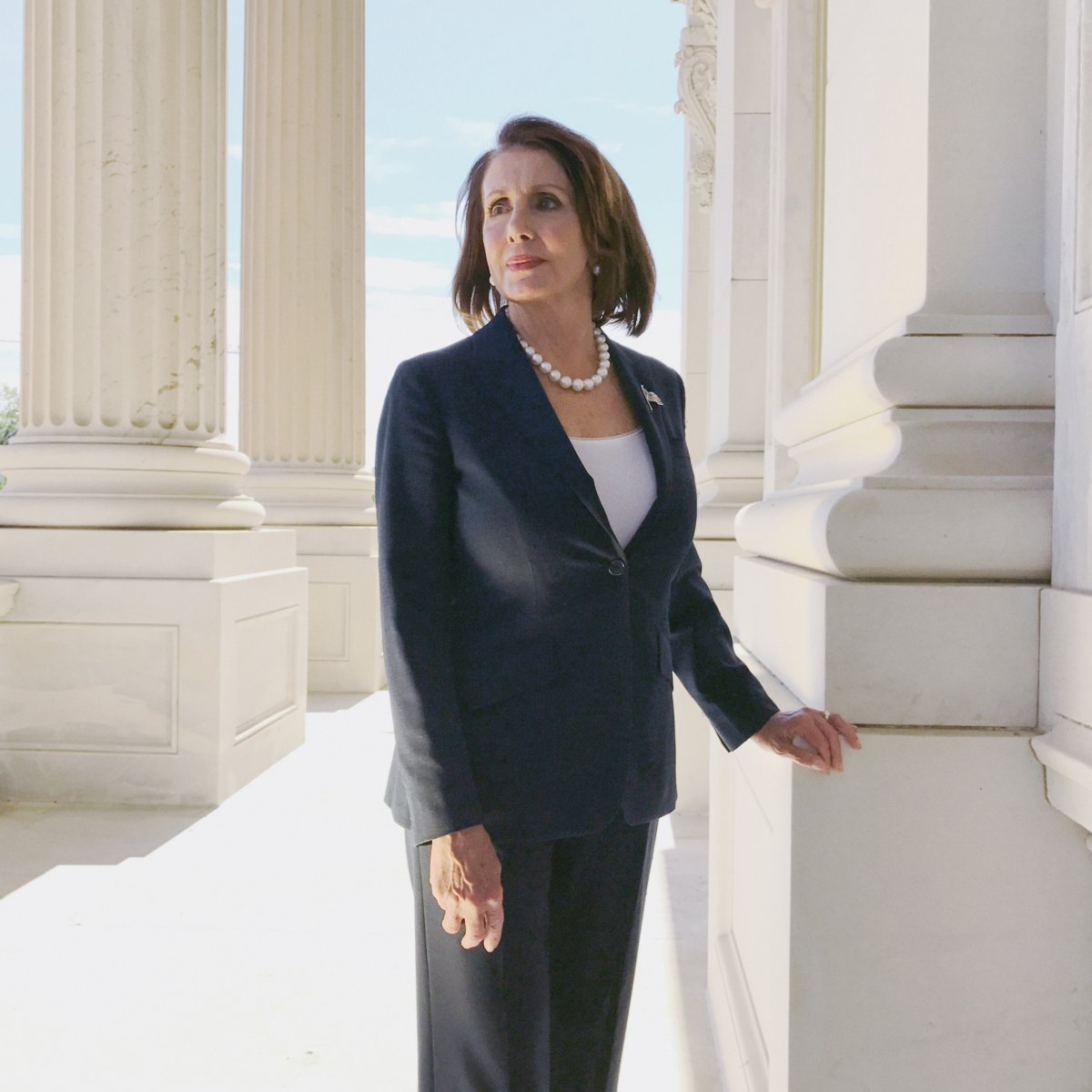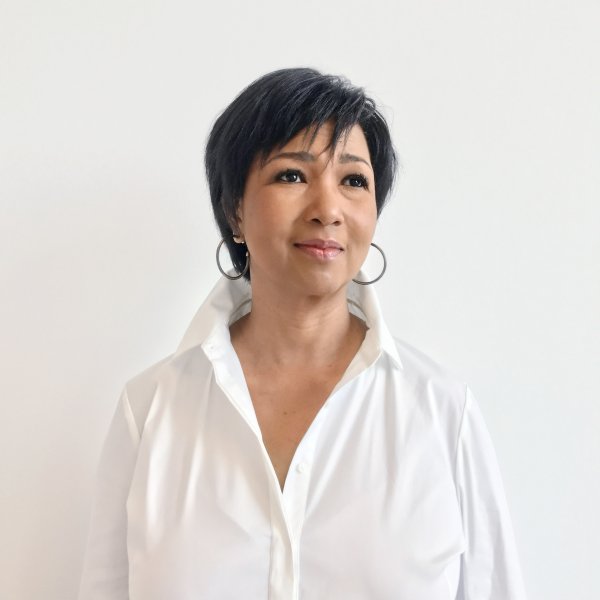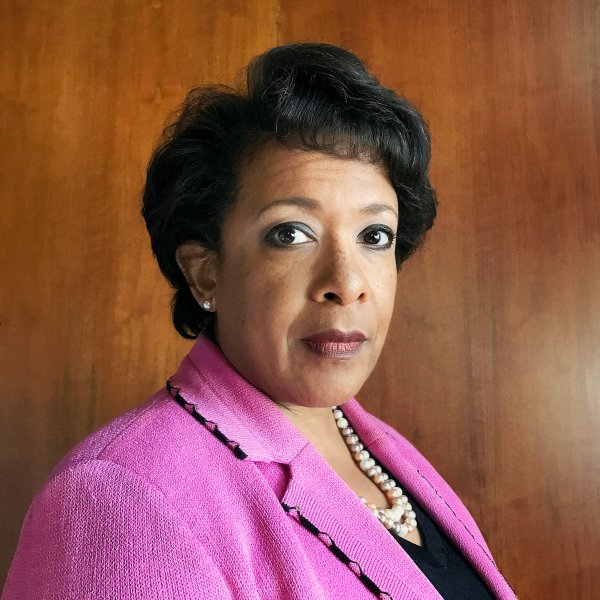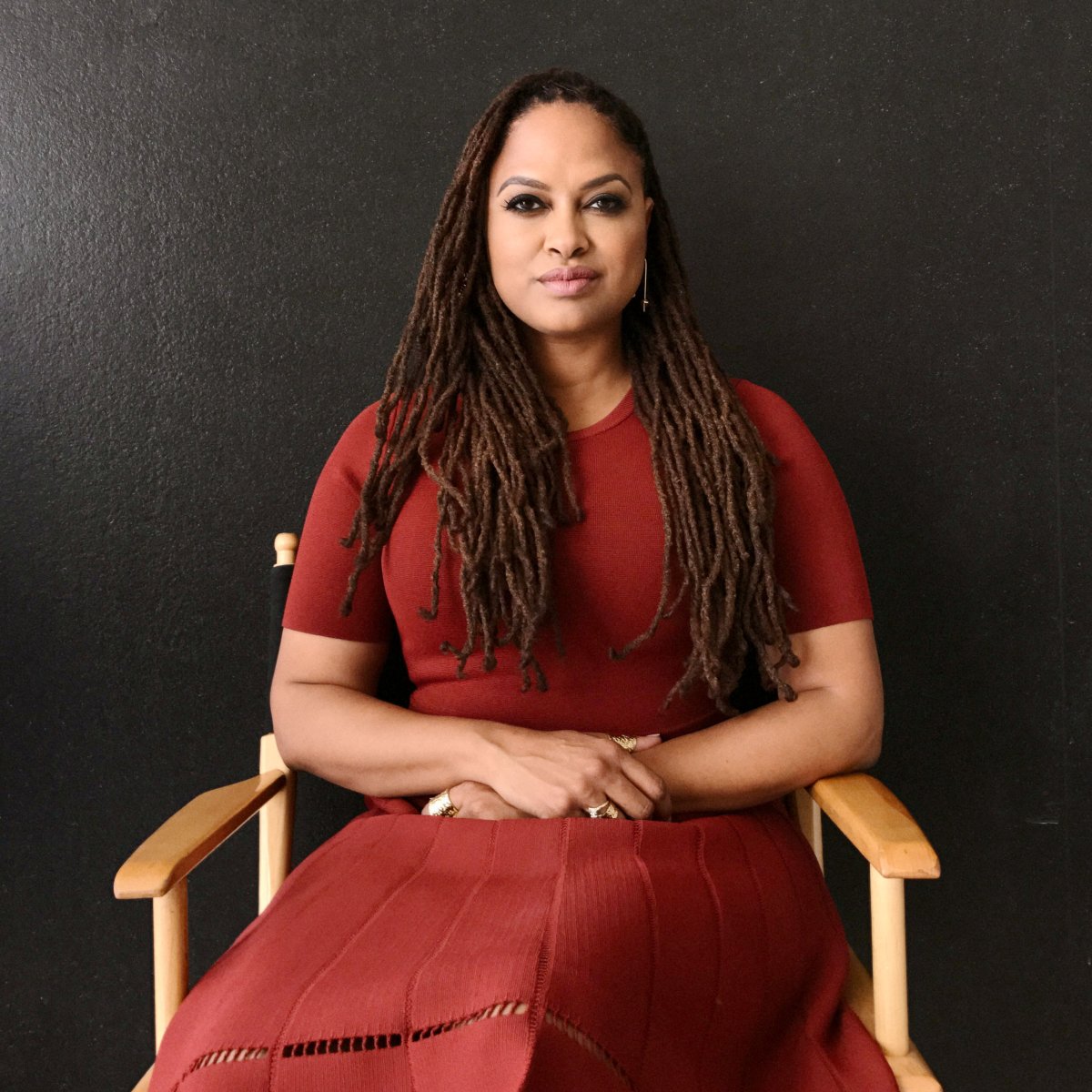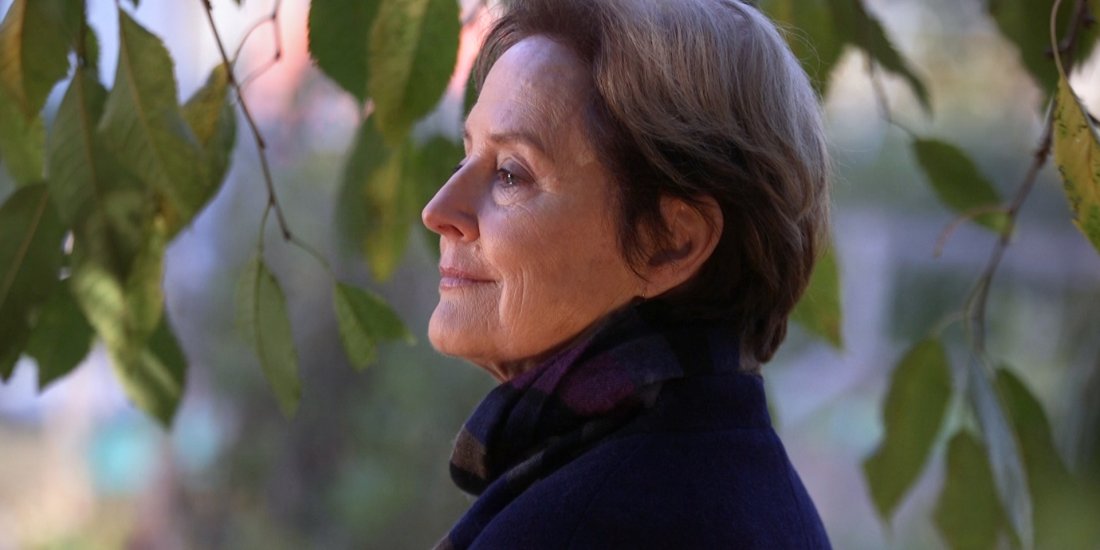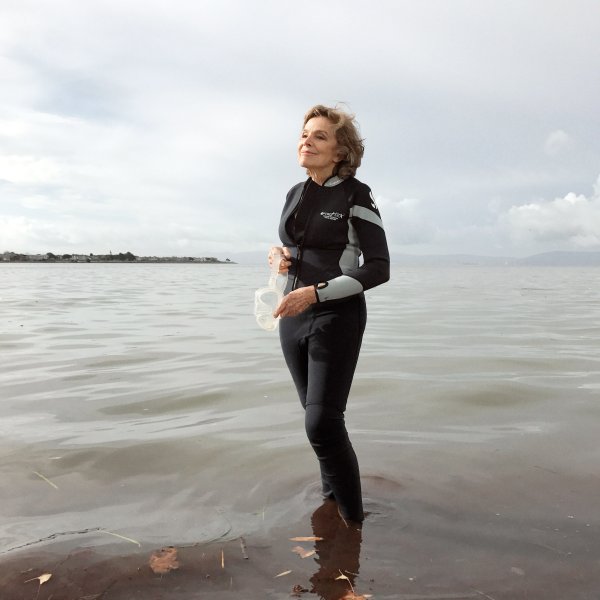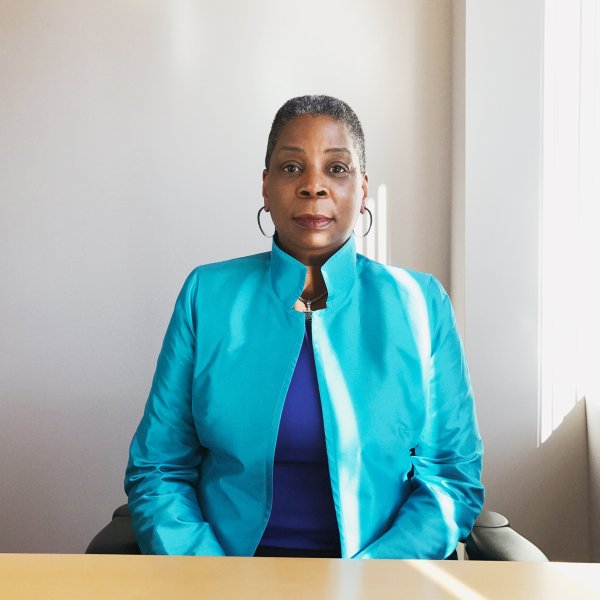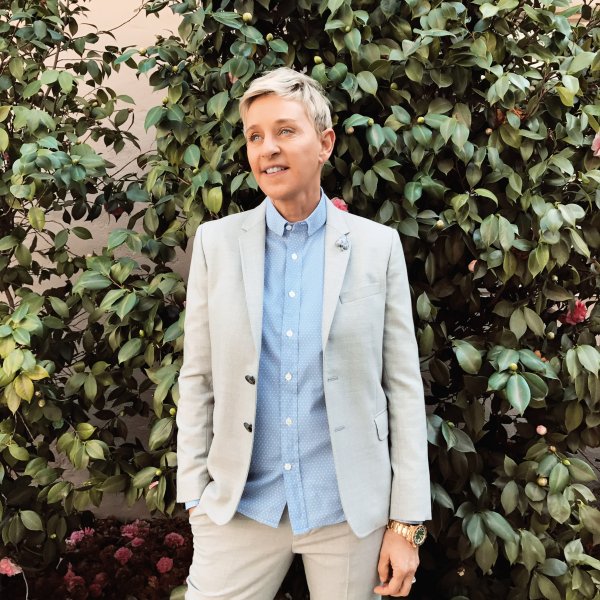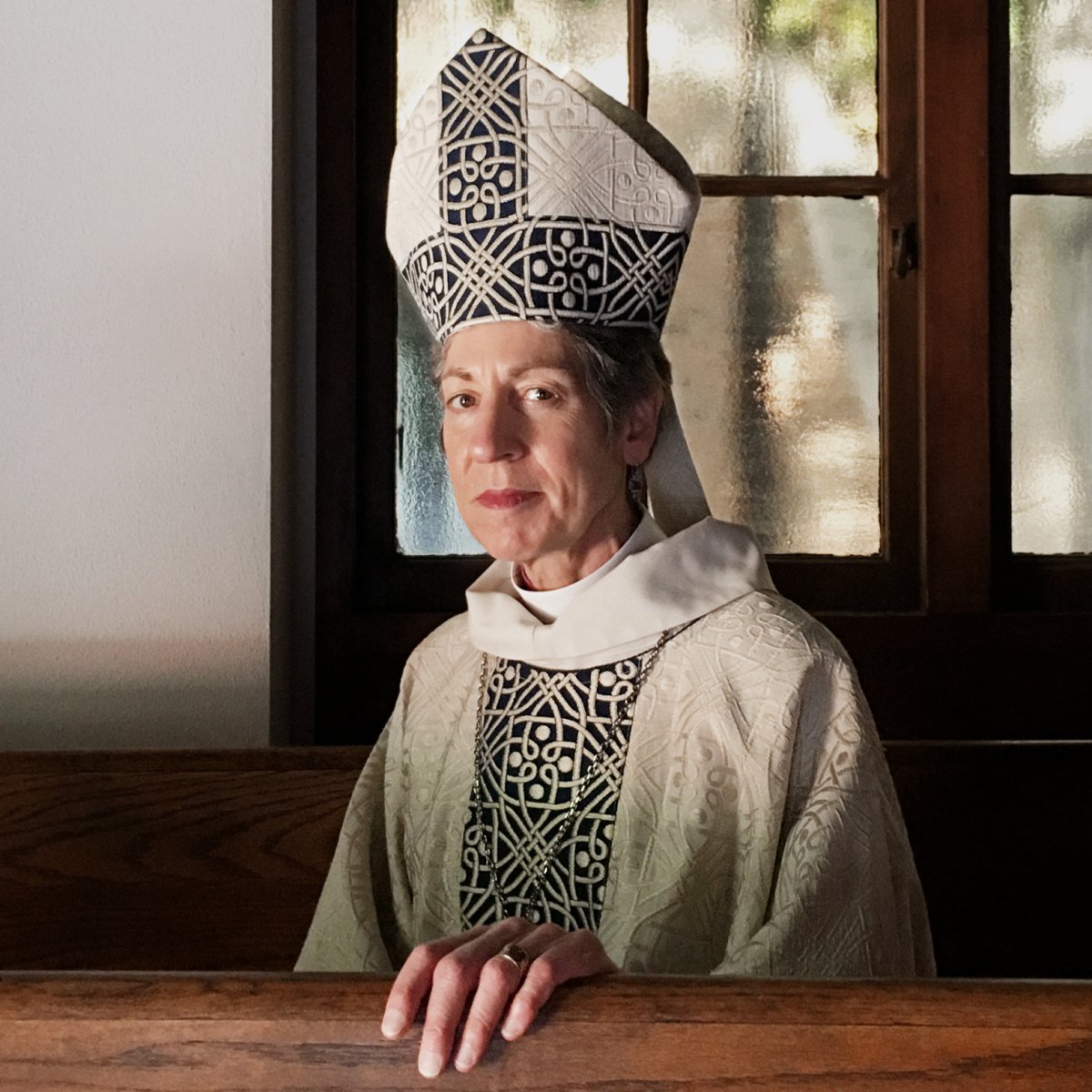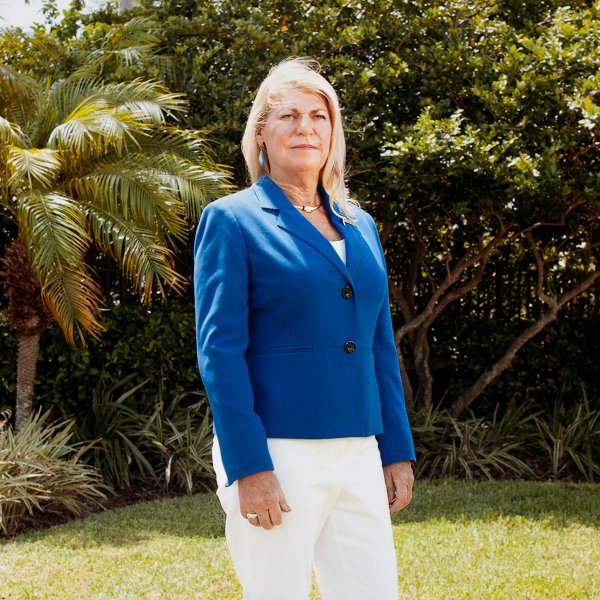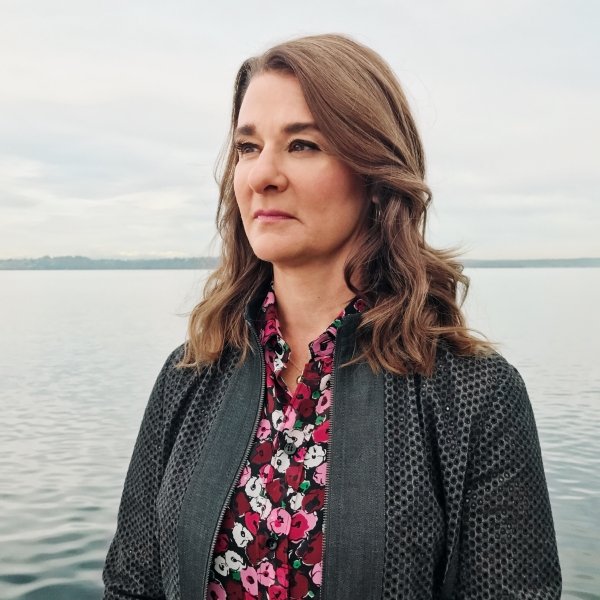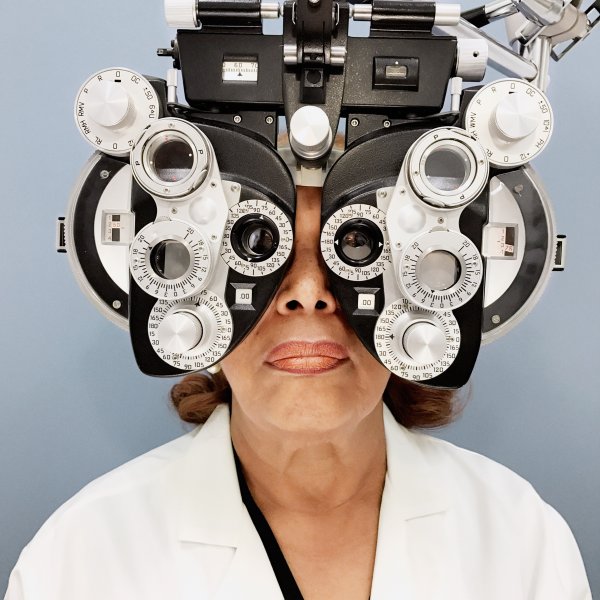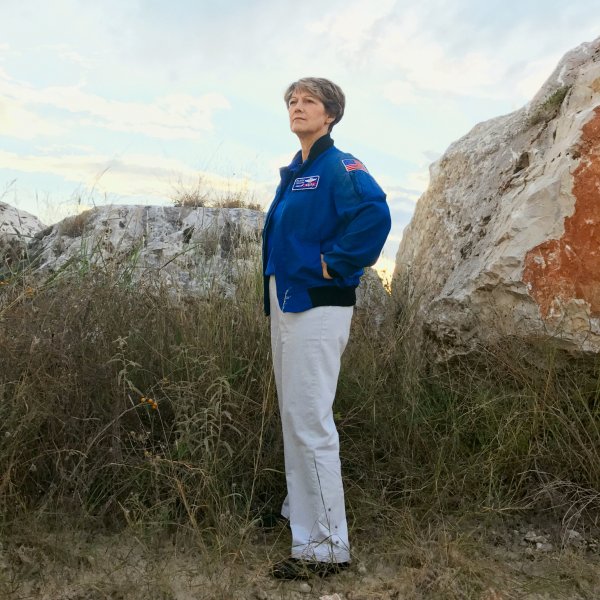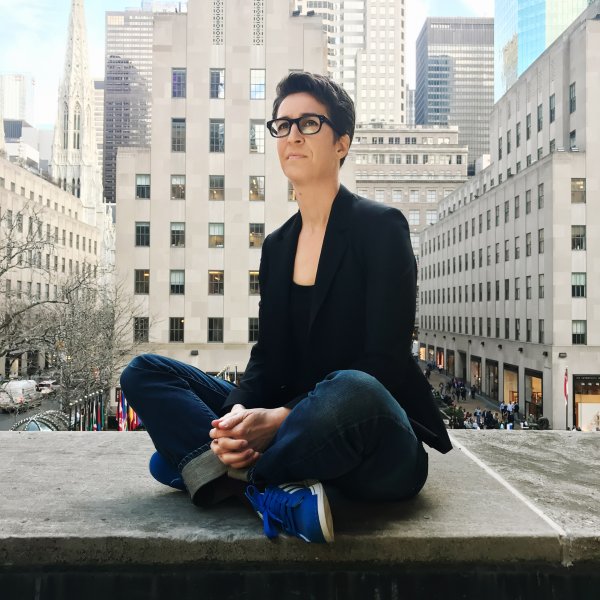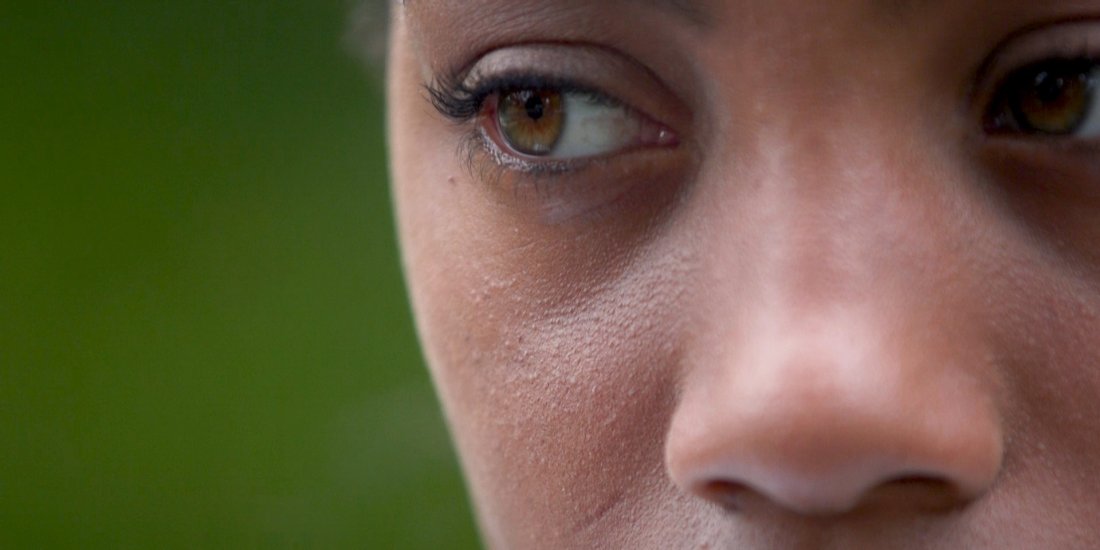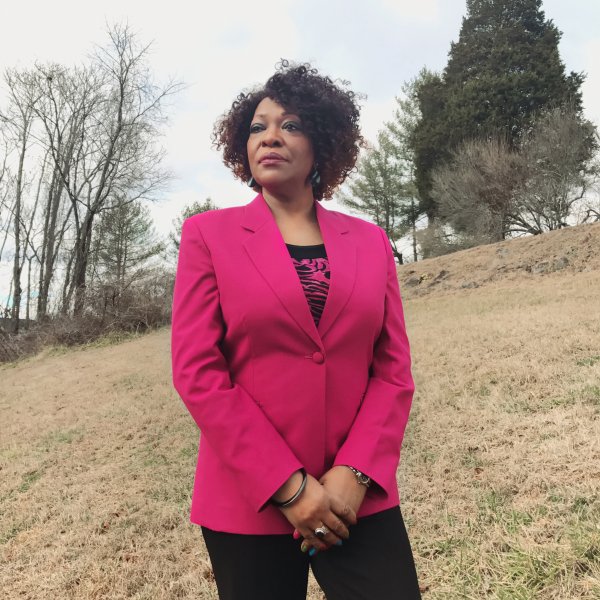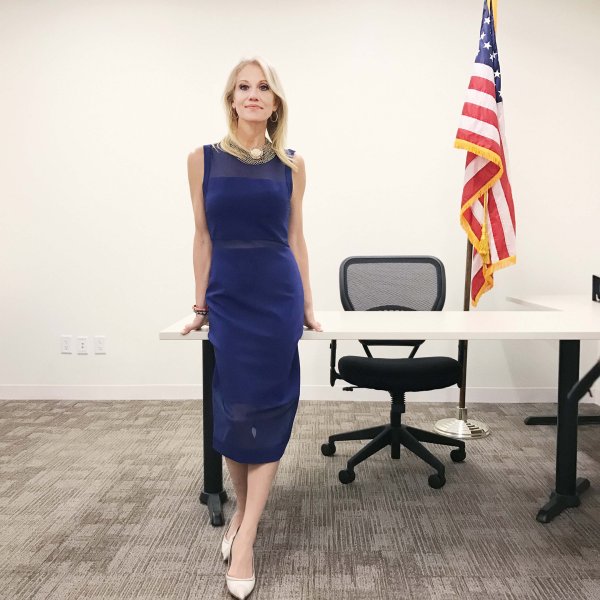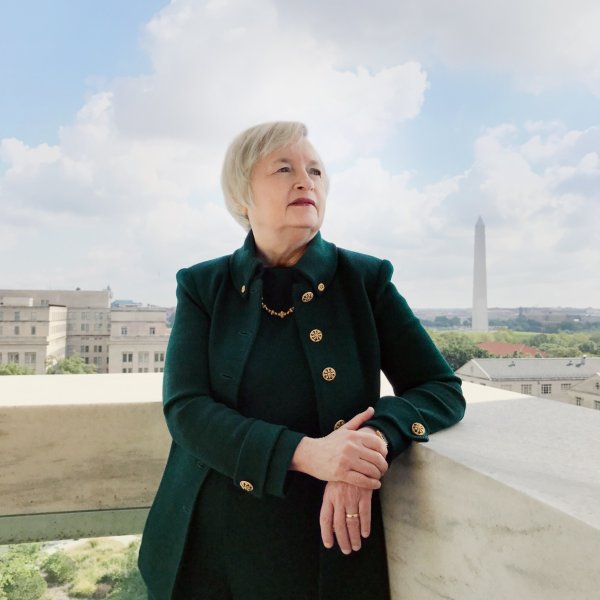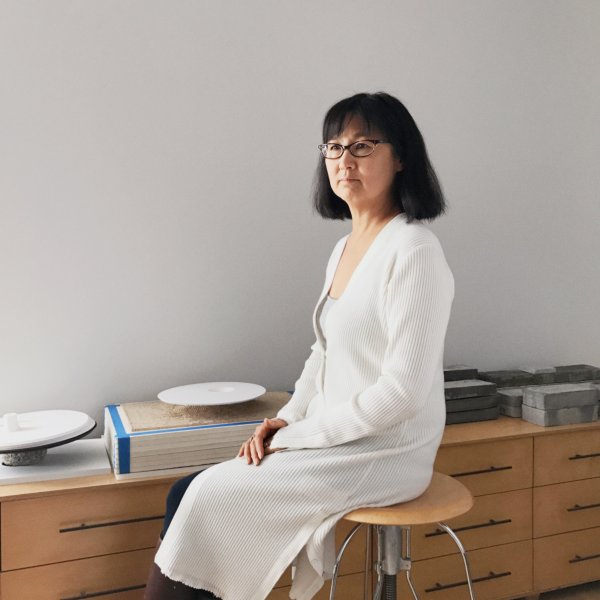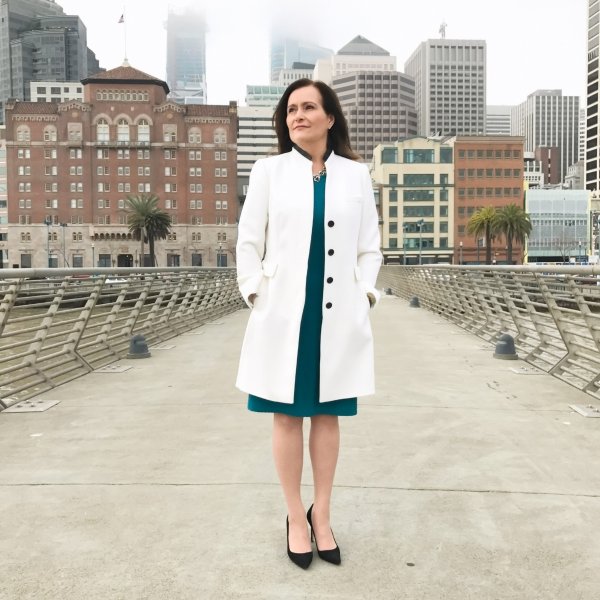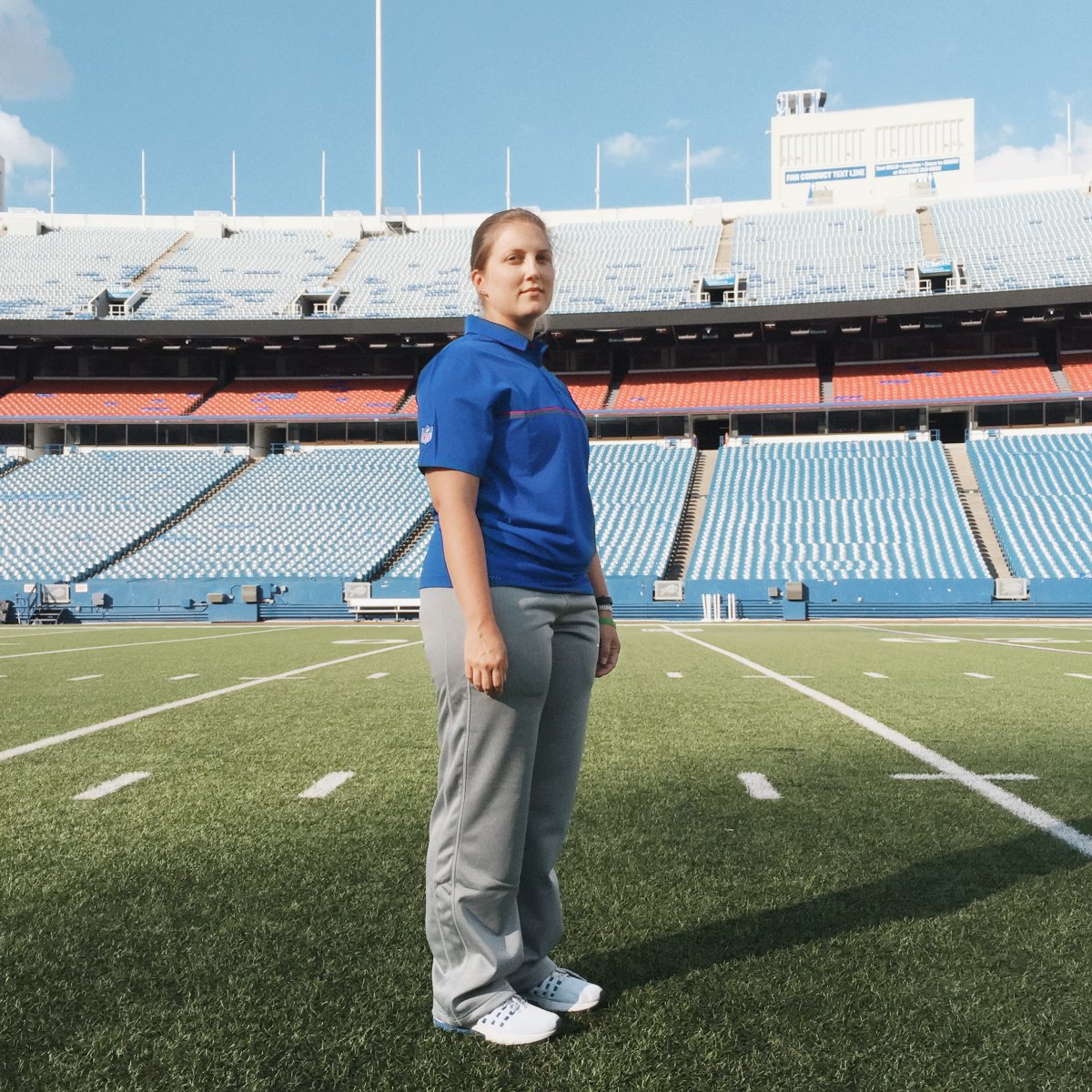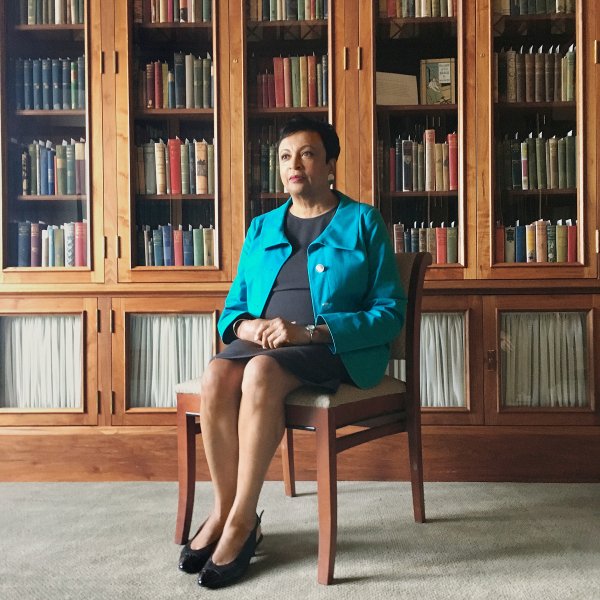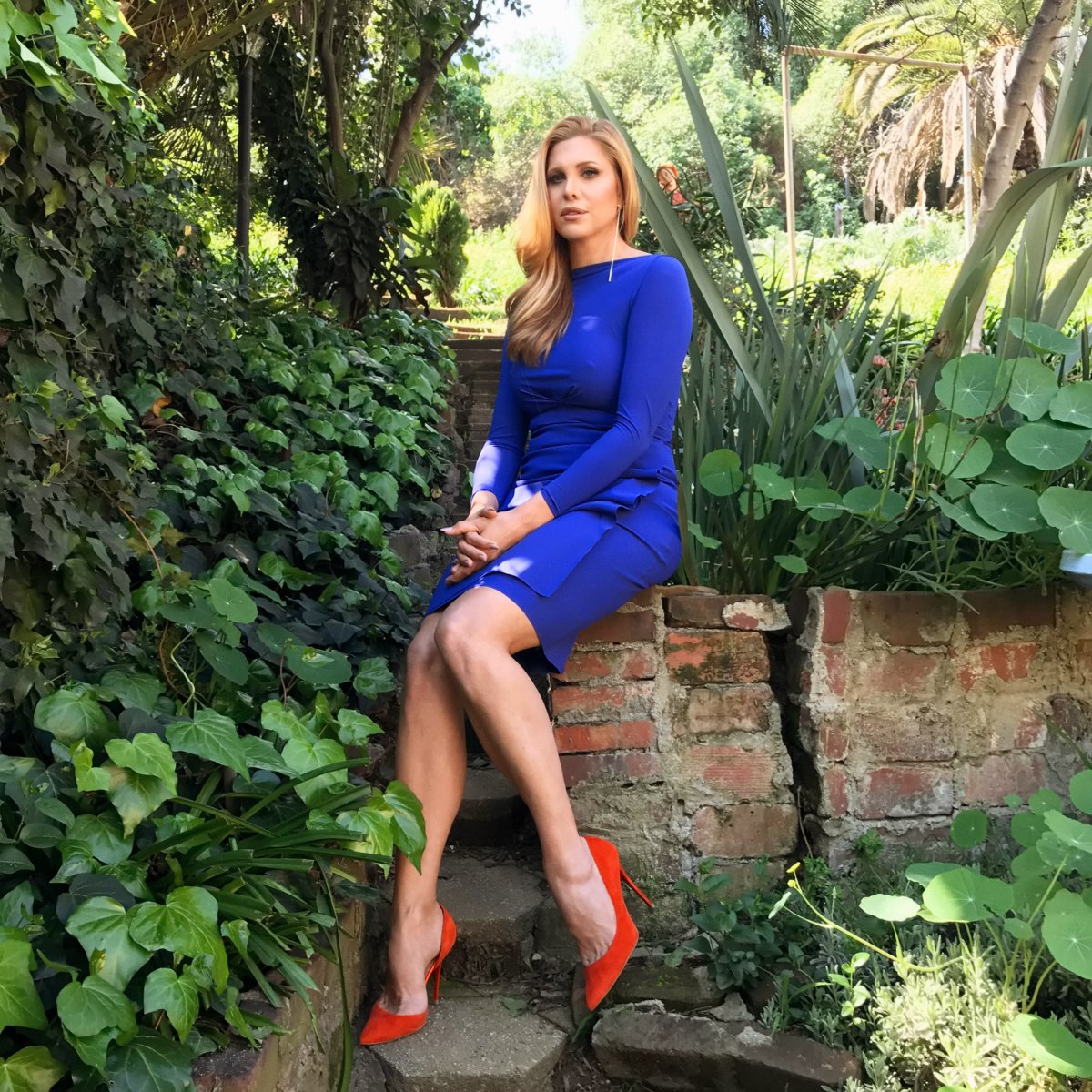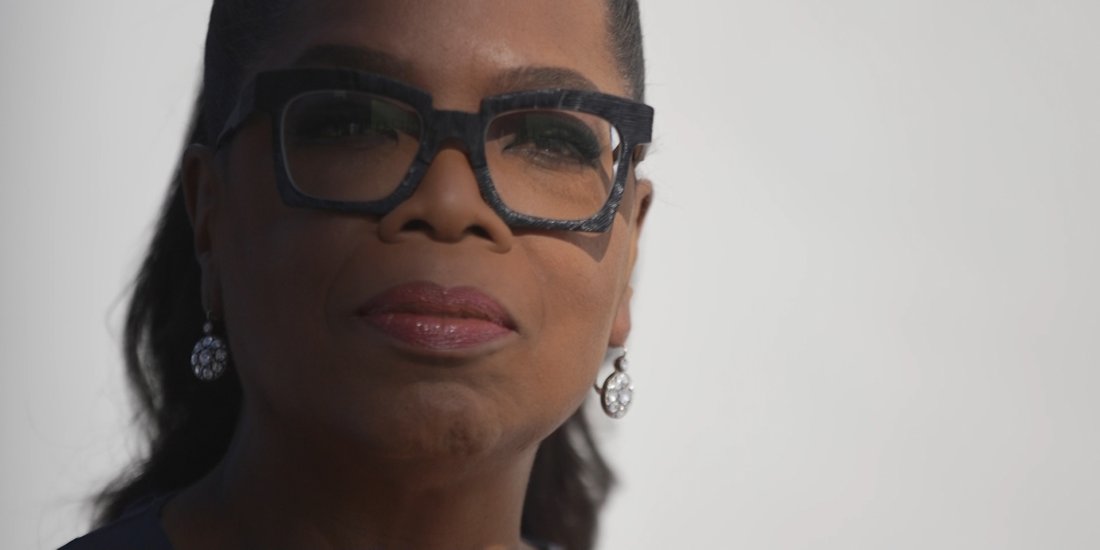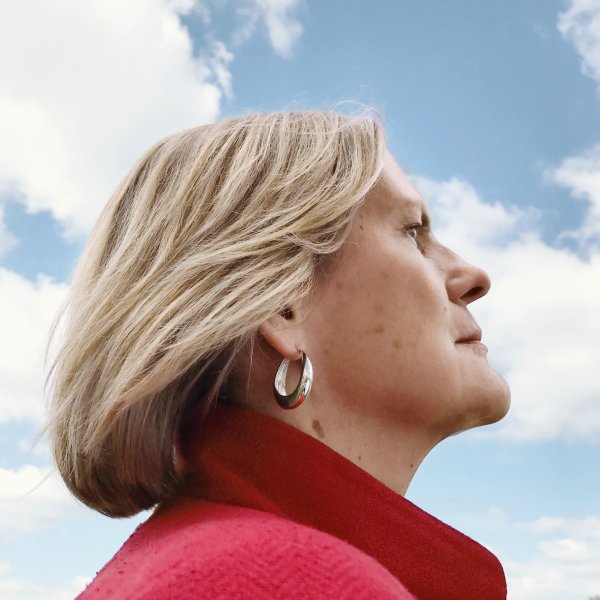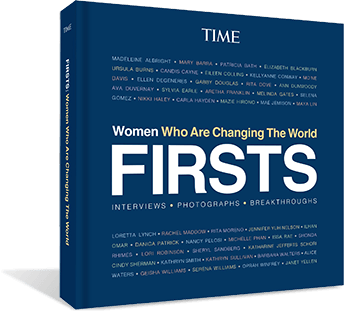The Anchor
Rachel Maddow
First openly gay anchor to host a prime-time news program
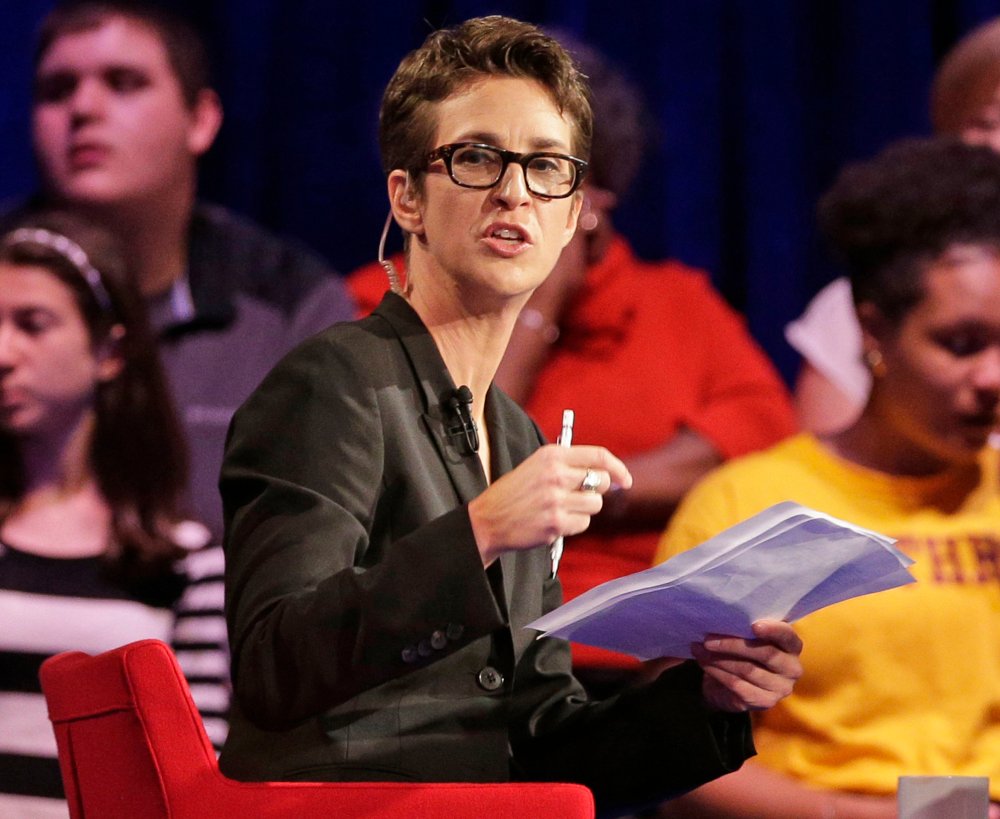 Maddow speaks during a Democratic presidential candidate forum at Winthrop University in Rock Hill, S.C, on Nov. 6, 2015. Chuck Burton—AP
Maddow speaks during a Democratic presidential candidate forum at Winthrop University in Rock Hill, S.C, on Nov. 6, 2015. Chuck Burton—AP‘Being the first always creates a pressure that you don’t want to be the last.’
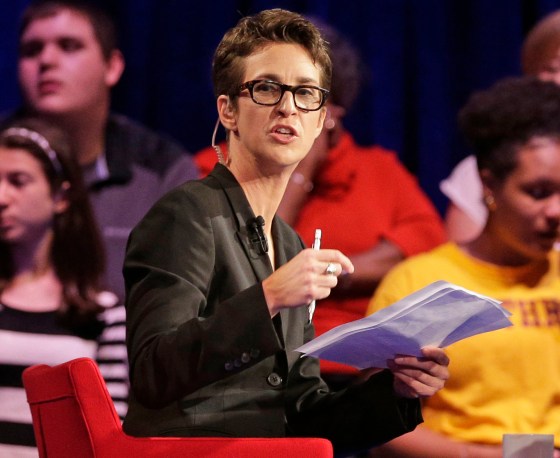
It’s a credit to my employer, Phil Griffin, who hired me in the first place and is still the president of MSNBC, that he was willing to hire an openly gay host. There was no opportunity for them to hire me and have me be in the closet, because—I mean, look at me. I’ve been out of the closet since I was a teenager. They knew what they were getting when they took me on, and they’ve never made it an issue with me. I’ve always felt treated very well in the business along those lines.
That said, being the first always creates a pressure that you don’t want to be the last. It creates a feeling of responsibility that you want to handle the trust that’s been placed in you well, so it’s not used as an excuse to keep other women or other gay people or other liberals out of the same business that you’ve broken into.
I never aimed at being in TV journalism, but I found myself here nevertheless. I feel I was very lucky to end up at this network, in large part because it afforded me the chance to work with and learn from Andrea Mitchell. She has done everything and been everywhere and pushed her way to the front of every line and elbowed past every other correspondent or security guard sometimes. I think she’s a role model for anybody in this business, but particularly for women. I feel incredibly lucky to work anywhere near her.
Not enough has changed in the industry [since my career began]. There are definitely more out people involved in broadcast news and in cable news, which is great. But the number of women who are hosting, for example, prime-time cable-news shows, you can count them, because you’re talking to her. That’s it. So particularly when it comes to being the solo anchor of a news broadcast, the industry is still very male, and when women host cable-news shows they are very often paired with men, because they’re not allowed to do it on their own for some reason. I think the industry is not static. But if you just take a snapshot right now of who’s on TV, who’s delivering the news, it looks like it’s the 1950s.
A lot of what happens on cable news is, people debate about the news in pairs and in groups. I get the same sexist condescension that all women face in every environment. I don’t think I get more of it than anybody else. But what happens on the air happens out in the open.
I think it matters in the TV-news industry not just that we get more women on television, more women anchoring their own shows, but that we get more female executives. There just aren’t that many women at the top in decisionmaking roles. And when there are women in those jobs, they don’t stay very long. That’s both a symptom of what’s going on with sexism in the industry and also the cause of why things don’t get better.
In the political sphere, if you step back from individual races and look at the phenomenon as a whole as to whether or not American women are breaking through in political leadership, the numbers are not encouraging. I definitely think women are allowed to do a smaller range of things in public than men are and still be considered viable candidates. I’m struck by the fact that we haven’t really made any progress in terms of women being as free to express an emotional range as men are and still be seen as politically viable. A woman’s getting angry is seen as the end of a campaign, whereas a man’s getting angry is either a sign of strength or a sign that he’s been needled into losing his cool, but it’s never been a sign of weakness.
I think we’re kidding ourselves if we don’t acknowledge that it’s going to be an uphill battle for a woman, whoever she is, to win the presidency. I think there’s a glass ceiling there that doesn’t explain everything about the 2016 election—it’s way more complex than that. But saying that gender isn’t part of it I think is naive.
Maddow hosts the Emmy-winning Rachel Maddow Show on MSNBC.
